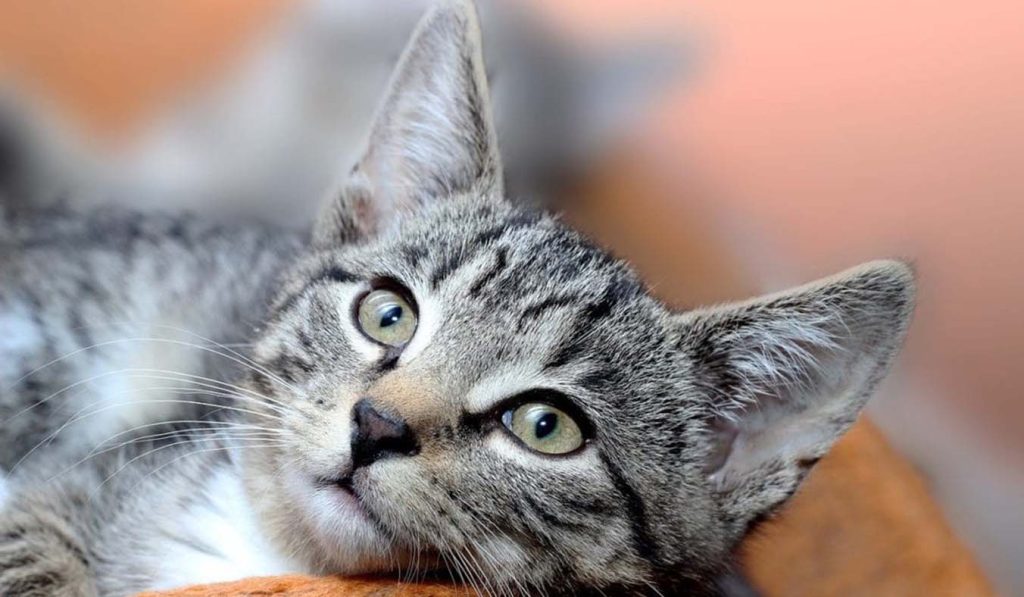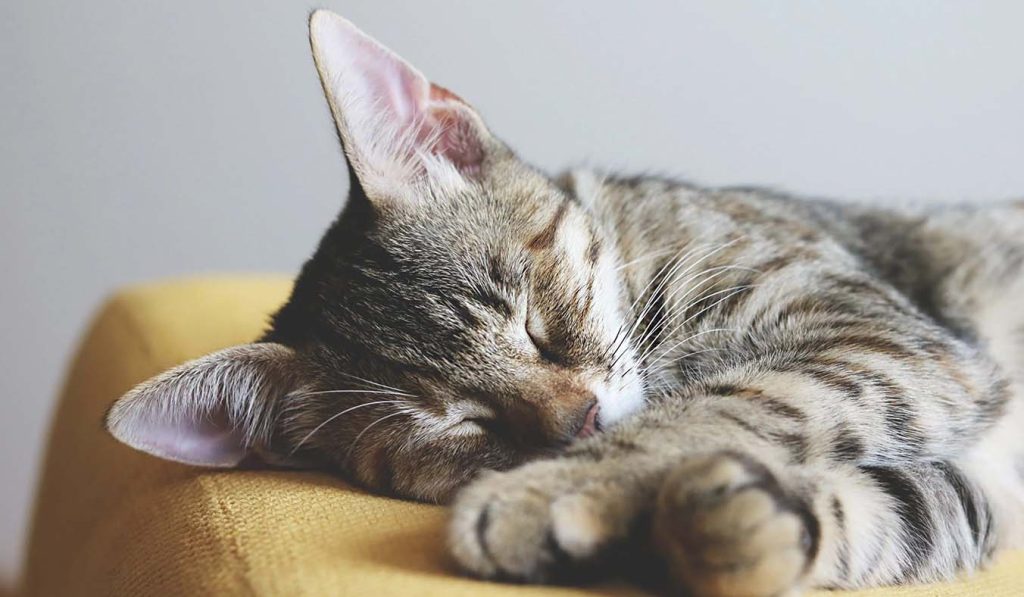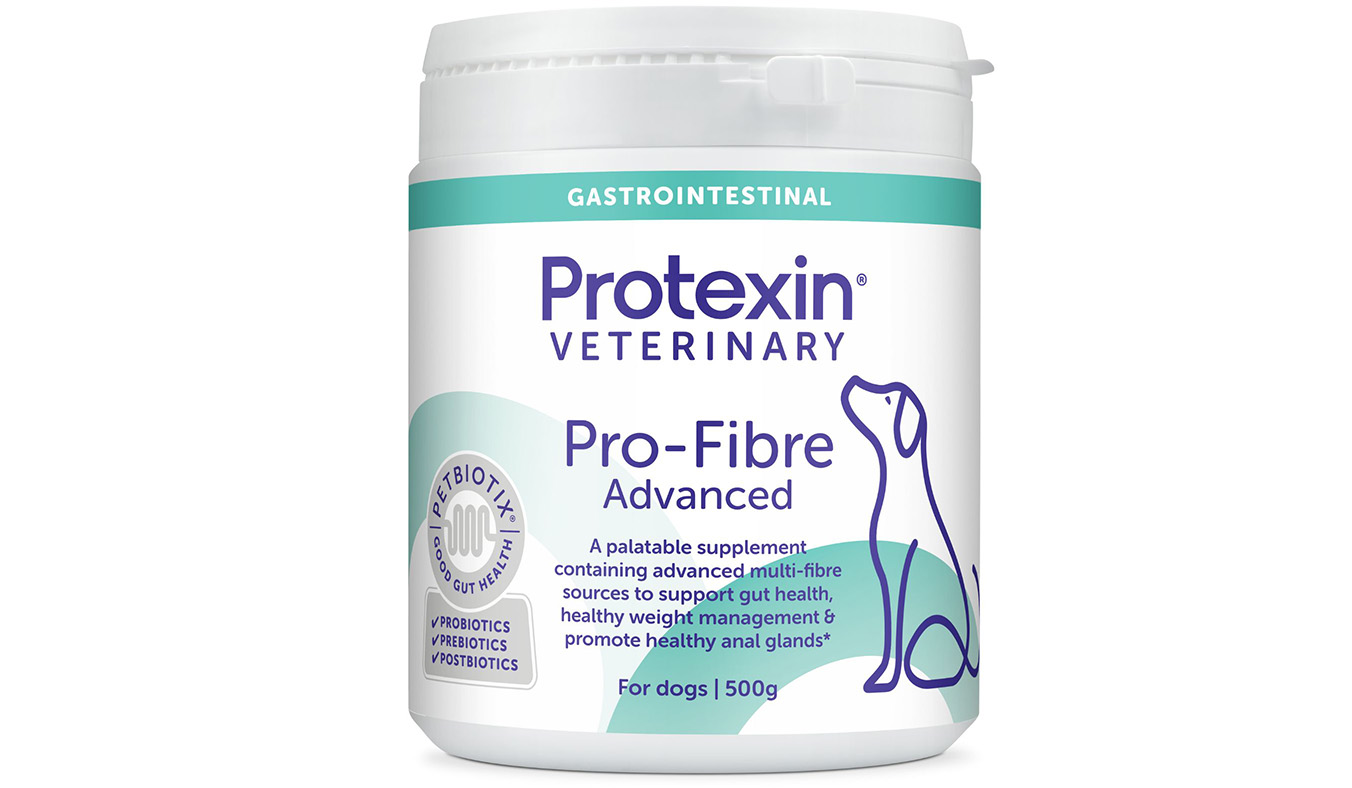It’s crucial to address common concerns among pet owners, including the unsettling issue of cat vomiting. We’ll delve into the reasons behind why your cat might be vomiting and what steps you can take to provide relief and support:
Exploring the Culprits Behind Cat Vomiting: A Comprehensive Guide
Understanding why your feline friend is experiencing bouts of vomiting is crucial for providing appropriate care and addressing any underlying issues. Let’s delve into the intricacies of common causes behind cat vomiting:
- Hairballs – A Feline Conundrum:
Cats, with their fastidious grooming habits, inadvertently swallow loose fur during their daily grooming sessions. This ingested fur can accumulate in the stomach, forming hairballs that trigger episodes of vomiting. The expulsion of hairballs is a natural mechanism for cats to rid themselves of this indigestible matter. - Dietary Indiscretion – Temptations Gone Awry:
Cats are notorious for their curious nature and may indulge in dietary indiscretions, such as gobbling their food too quickly or scavenging for scraps. Ingesting food too rapidly or consuming spoiled food can irritate the stomach lining, leading to bouts of vomiting. Additionally, ingesting foreign objects, such as grass or small toys, can also cause gastrointestinal upset and vomiting. - Gastrointestinal Issues – Unraveling the Gut Mysteries:
A myriad of gastrointestinal conditions, including gastritis, inflammatory bowel disease (IBD), and gastrointestinal parasites, can provoke vomiting in cats. Gastritis, characterized by inflammation of the stomach lining, can result from dietary indiscretions or infections. IBD, a chronic inflammatory condition of the digestive tract, can cause persistent vomiting and other gastrointestinal symptoms. Gastrointestinal parasites, such as roundworms or hookworms, can also trigger vomiting as part of their parasitic lifecycle. - Food Allergies or Intolerances – A Delicate Balance Disturbed:
Some cats may develop sensitivities or allergies to specific ingredients in their diet, leading to adverse reactions such as vomiting. Common allergens in cat food include certain proteins, grains, or artificial additives. Intolerances to certain ingredients can also manifest as gastrointestinal upset and vomiting in susceptible cats. - Underlying Health Conditions – Unveiling the Silent Culprits:
Vomiting can serve as a clinical sign of various underlying health conditions that require prompt veterinary attention. Serious medical issues such as kidney disease, liver disease, pancreatitis, or thyroid disorders can manifest with vomiting as a prominent symptom. These conditions necessitate thorough diagnostic evaluation and tailored treatment plans to address the root cause of the vomiting.
By unraveling the multifaceted reasons behind your cat’s vomiting episodes, you can take proactive steps to address their specific needs and promote their overall health and well-being. Consultation with a veterinarian is essential for accurate diagnosis and management of any underlying conditions contributing to your cat’s vomiting.
Tackling Cat Vomit Stains on Carpets: A Step-by-Step Guide

Encountering cat vomit on your cherished carpets can be disheartening, but fear not! With a few simple steps and the right approach, you can effectively restore your carpets to their former glory. Here’s how to tackle the task with finesse:
- Swift Action Saves the Day:
Waste no time in springing into action upon the discovery of cat vomit on your carpet. Prompt attention is paramount to prevent the stain from setting and odors from permeating the fibers. - Glove Up for Protection:
Before diving into the cleanup process, don a pair of sturdy gloves to shield your hands from direct contact with the vomit and potential pathogens. - Dispose of Solid Debris:
Armed with paper towels or a spatula, gently scoop up any solid debris from the vomit, disposing of it in a trash receptacle. Exercise caution to avoid spreading the mess further. - Blot, Blot, Blot:
Next, employing a blotting motion rather than rubbing, absorb as much of the liquid portion of the vomit as possible using clean paper towels or a cloth. Continue blotting until the area feels relatively dry to the touch. - Call in Reinforcements – Cleaning Solutions:
Equip yourself with a specialized cleaning solution formulated specifically for pet stains and odors. Apply the cleaning solution liberally to the affected area, ensuring thorough coverage. - Patience and Persistence Pay Off:
Allow the cleaning solution to work its magic by letting it sit on the carpet for the recommended duration as per the product instructions. Exercise patience, resisting the urge to rush the process. - Rinse Away Residues:
After the designated time has elapsed, rinse the treated area with copious amounts of clean water. This step helps to flush away any residual cleaning solution and vomit remnants. - Air Dry to Perfection:
Finally, allow the freshly cleaned carpet to air dry completely. Open windows and doors to facilitate air circulation and hasten the drying process. Refrain from stepping on the damp carpet until it has dried thoroughly to prevent re-soiling.
By following these meticulous steps, you can bid farewell to unsightly cat vomit stains and restore your carpets to a state of pristine cleanliness. Remember, patience and attention to detail are key to achieving optimal results in carpet cleanup endeavors.
Gentle Remedies for Soothing Cat Vomiting at Home
When your feline companion experiences bouts of vomiting, tender loving care coupled with simple home remedies can often provide comfort and relief. Here are some gentle remedies to help ease your cat’s distress:
- Intermittent Fasting:
Allow your cat’s stomach to settle by temporarily withholding food for 12 to 24 hours. This period of fasting gives the digestive system a chance to rest and recover. However, always ensure your cat has access to small amounts of fresh water to prevent dehydration. - Delicate Diet Adjustments:
Offer your cat a bland and easily digestible diet to calm their sensitive stomach. Boiled chicken or plain white rice are gentle options that can help soothe irritation. Serve small portions of this bland diet several times a day until vomiting subsides, then gradually reintroduce their regular food. - Beneficial Probiotics:
Introduce probiotic supplements into your cat’s diet to promote a healthy balance of gut flora. Probiotics can aid in digestion and support overall gastrointestinal health. Consult with your veterinarian to select a suitable probiotic supplement formulated specifically for cats. - Hydration Support:
Ensure your cat remains adequately hydrated throughout the vomiting episode. Encourage them to drink small amounts of water frequently to prevent dehydration. Additionally, consider offering electrolyte solutions designed for pets to replenish lost fluids and electrolytes. - Herbal Remedies:
Certain herbal remedies may help alleviate gastrointestinal discomfort in cats. Chamomile tea, when diluted and administered in small amounts, can have calming properties and may help settle an upset stomach. However, it’s essential to consult with your veterinarian before introducing any herbal remedies to your cat’s regimen to ensure safety and efficacy. - Stress Reduction:
Minimize stressors in your cat’s environment, as stress can exacerbate gastrointestinal issues. Provide a quiet and comfortable space for your cat to rest and recuperate, away from loud noises or disruptive activities. - Monitoring and Patience:
Keep a close eye on your cat’s condition and monitor for any signs of improvement or worsening symptoms. Be patient and allow time for the home remedies to take effect, but seek veterinary attention if vomiting persists or if your cat displays other concerning symptoms such as lethargy or loss of appetite.
By implementing these gentle home remedies with care and attentiveness, you can provide your cat with the support they need to navigate through episodes of vomiting and return to their playful and vibrant selves. Always prioritize your cat’s well-being and consult with your veterinarian for guidance tailored to your cat’s individual needs and health status.
Gentle Food Choices to Soothe Your Cat’s Upset Stomach

When your feline friend is experiencing vomiting issues, selecting the right foods can make a significant difference in their comfort and recovery. Here are some gentle and easily digestible food options that may help alleviate your cat’s stomach upset:
- Boiled Chicken:
Skinless and boneless boiled chicken serves as a gentle source of lean protein for cats with sensitive stomachs. The simplicity of boiled chicken makes it easy to digest and less likely to trigger further vomiting episodes. Ensure the chicken is thoroughly cooked and free from any seasonings or additives. - Plain White Rice:
Plain white rice is a bland yet soothing option that can help settle your cat’s stomach. The mild nature of white rice makes it gentle on the digestive system and less likely to cause irritation. Consider serving small amounts of cooked white rice alongside boiled chicken to provide a balanced and easily digestible meal. - Pumpkin Puree:
Incorporating a small amount of plain, canned pumpkin into your cat’s diet can offer digestive support and provide essential fiber. Pumpkin puree is known for its ability to regulate bowel movements and alleviate gastrointestinal issues, including diarrhea and constipation. Be sure to select plain pumpkin puree without any added sugars or spices, as these additives may exacerbate your cat’s vomiting.
When offering these foods to your cat, it’s essential to introduce them gradually and monitor your cat’s response closely. Start with small portions to gauge tolerance and gradually increase the serving size as tolerated. Additionally, always ensure access to fresh water to prevent dehydration, especially during episodes of vomiting.
While these gentle food choices may help soothe your cat’s upset stomach, it’s essential to consult with your veterinarian for personalized dietary recommendations and to rule out any underlying medical conditions contributing to your cat’s vomiting. With proper care and attention to their dietary needs, you can provide your cat with the nourishment they need to feel better and resume their normal activities.
While occasional vomiting may be normal for cats, persistent or severe episodes warrant attention and veterinary evaluation. By understanding the common causes of cat vomiting and implementing appropriate care strategies, you can help alleviate discomfort and promote your cat’s well-being. Remember to consult with your veterinarian if you have concerns about your cat’s health or if vomiting persists despite home remedies.



